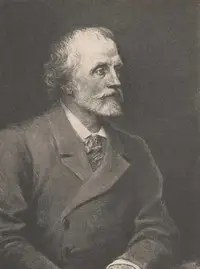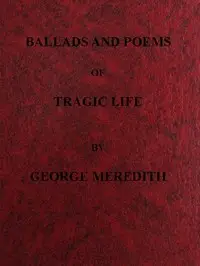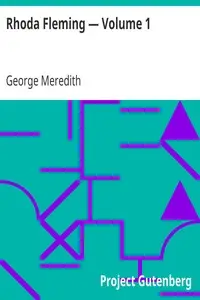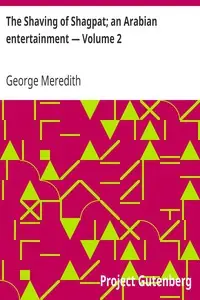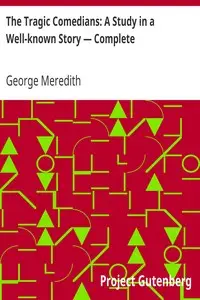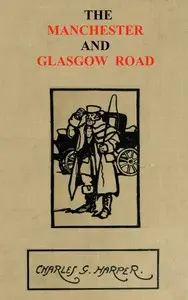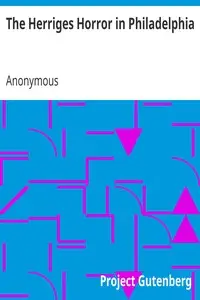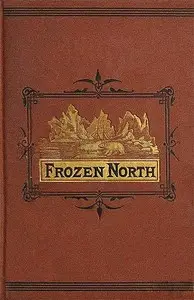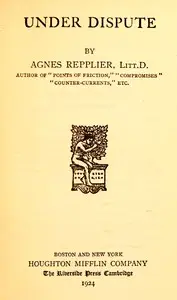"The Adventures of Harry Richmond — Volume 8" by George Meredith is a novel written in the late 19th century. This installment continues the tumultuous life of Harry Richmond, who navigates complex familial and social dynamics amidst revelations and conflicts that foreground personal honor, relationships, and societal expectations. At the start of this volume, we witness a significant confrontation involving Harry, his father, and his grandfather, Mr. Beltham. Tensions escalate as they discuss a recent marriage announcement and finances, with accusations and emotions running high. Harry's father attempts to maintain his dignity amidst his grandfather's harsh criticisms, revealing the strained relationships in their family. The revelations of hidden financial dealings come to light, particularly how Harry's aunt Dorothy played a role in supporting the family indirectly. As the chapter unfolds, it reflects complexity in social standings, familial loyalty, and the burdens of past actions, setting the stage for Harry's ongoing struggles. This opening portion establishes a dramatic tone, characterized by sharp dialogue and vivid character interactions, enticing readers into the evolving narrative of Harry's adventures. (This is an automatically generated summary.)
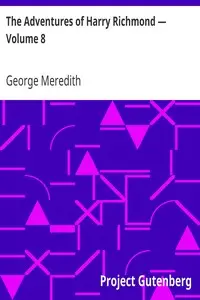
The Adventures of Harry Richmond — Volume 8
By George Meredith
"The Adventures of Harry Richmond — Volume 8" by George Meredith is a novel written in the late 19th century. This installment continues the tumultuou...
George Meredith was an English novelist and poet of the Victorian era. At first, his focus was poetry, influenced by John Keats among others, but Meredith gradually established a reputation as a novelist. The Ordeal of Richard Feverel (1859) briefly scandalised Victorian literary circles. Of his later novels, the most enduring is The Egoist (1879), though in his lifetime his greatest success was Diana of the Crossways (1885). His novels were innovative in their attention to characters' psychology, and also portrayed social change. His style, in both poetry and prose, was noted for its syntactic complexity; Oscar Wilde likened it to "chaos illumined by brilliant flashes of lightning". Meredith was an encourager of other novelists, as well as an influence on them; among those to benefit were Robert Louis Stevenson and George Gissing. Meredith was nominated for the Nobel Prize in Literature seven times.

